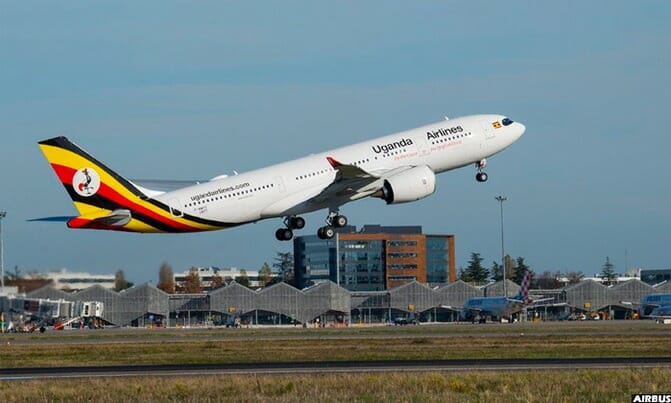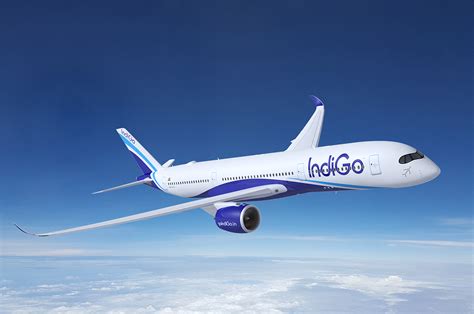
ugandaA330neo
Efforts by African countries to revive defunct national airlines appear ready to bear fruit amid dwindling revenue and depletion of traffic occasioned by COVID-19. Amid the challenges, African nations are undaunted and have continued to make investments in new national airlines many predict would be loss-making.
While Uganda, Tanzania, Rwanda have already started their airlines, Nigeria and Ghana are some of the nations determined to revive their national or flag carrier airlines. Some of the latest attempts, however, involve partnerships with the private sector—in contrast to the public model many believe led to earlier flag carriers’ failure.
Since its launch on January 30, 2018, one of Africa’s newest flag carrier airlines, Uganda Airlines has continued to expand its operations with the spreading of its wings across many countries. Ever since its launch, many observers see the carrier expanding to connect East Africa and other routes and taking a big chunk of the market already dominated by Kenya Airways and Africa’s most profitable airline, Ethiopian Airlines.
Following Nigeria’s latest failed attempt to launch a national carrier last year, the country’s Federal Government has resuscitated the plan. It will soon release bids for a flag carrier, “which will be private sector-driven,” Nigeria’s Aviation Minister, Hadi Sirika confirmed to AirInsight on the telephone on Monday. “In June this year, we had a business case and then started the process to establish a national carrier,” he added.
The project includes making Nigeria a hub for maintenance, repair, and overhaul in the region, where, apart from facilities in Egypt and Ethiopia, no other MRO infrastructure exists. “With fleet sizes increasing in the continent, Nigeria is a good candidate for MRO through private-public partnership (PPP),” said Sirika.
Ghana has also revived interest in a new national airline decades after Ghana Airways was liquidated. Ghana has been without a national airline since 2010, and prior to that, Ghana International Airways went out of business in 2010. Ghana Airways went out of business in 2004.
To underscore the importance of the national airline to the country, the government of Ghana and EgyptAir signed a Memorandum of Understanding (MoU) that will see EgyptAir partnering with the government of Ghana to establish a new flag carrier.
In a bid to expand operations, Uganda Airlines took delivery of its first A330neo, the latest version of the popular wide-body airliner. (In the view of SAA’s head of the pilot union, the A330neo is the “ideal” aircraft for SAA) It is the first Airbus aircraft delivered to Uganda Airlines. Airbus stated that in line with the company’s strategy to keep offering its customers unbeatable economics, increased operational efficiency, and superior passenger comfort, the A330-800 is the latest addition to Airbus’ commercial aircraft product line. Uganda Airlines is launching into increasingly crowded East African skies, where both Rwanda and Tanzania have in recent years revived their national airlines in a bid to capture a slice of the booming market.
They are taking on regional giants Kenya Airways — which continues to expand despite struggling with years of losses and management woes — and Ethiopian Airlines, which largely dominates the skies. Uganda Airlines was founded by former Ugandan dictator Idi Amin in 1976 but the carrier was liquidated in 2001 after a failed bid to privatize the floundering company, dogged by corruption and mismanagement.
Views: 2





